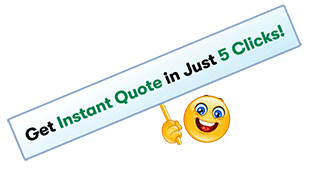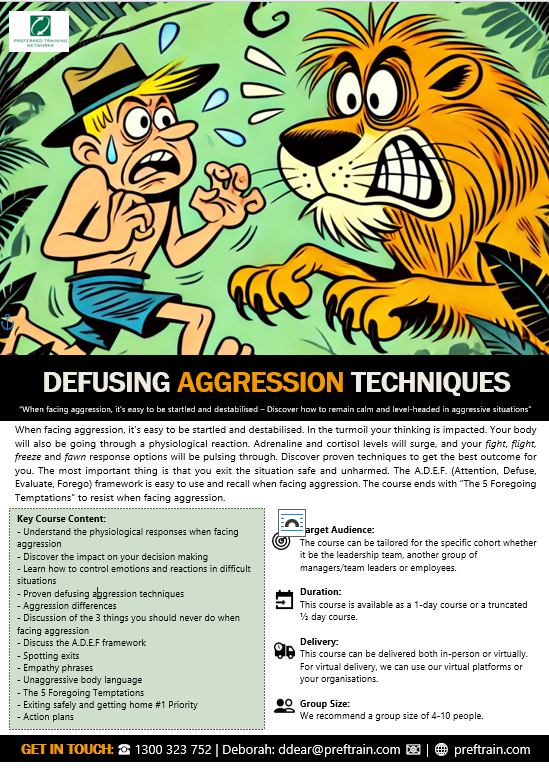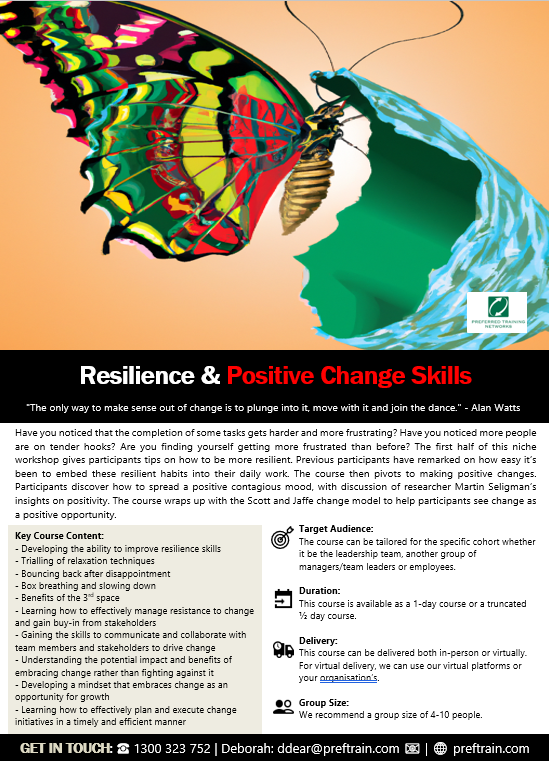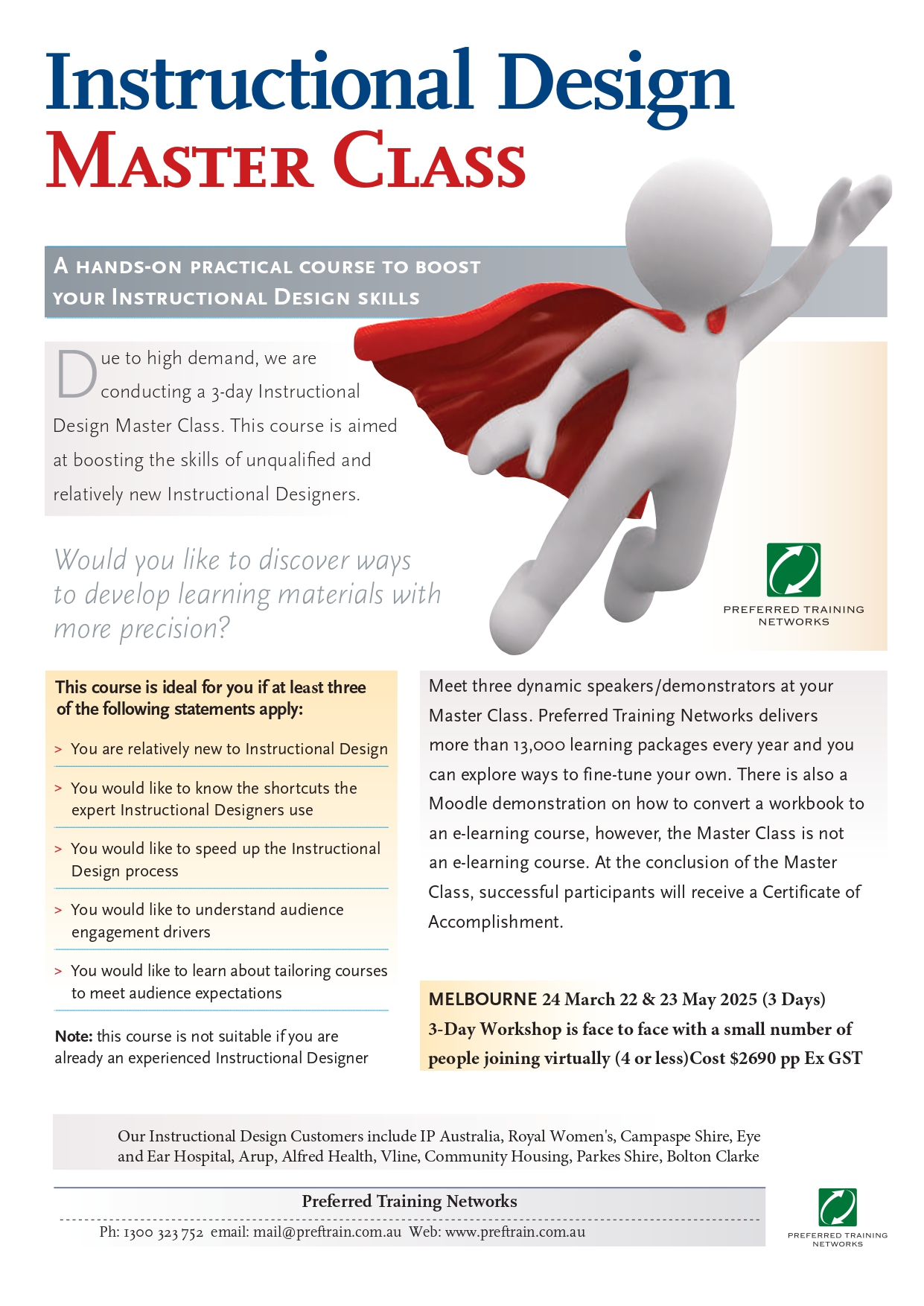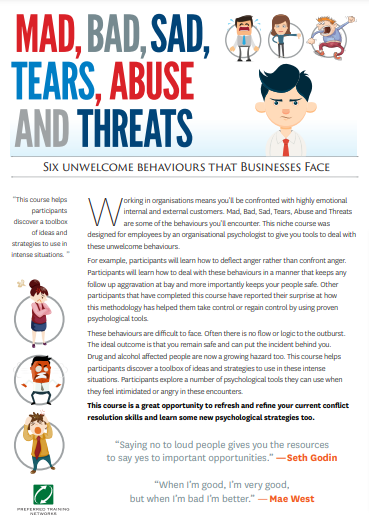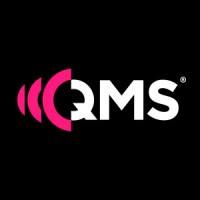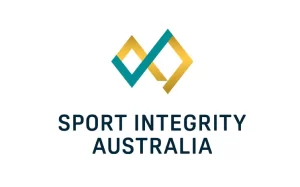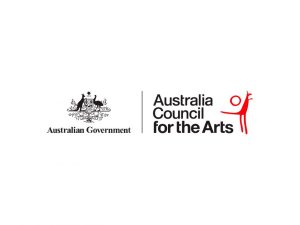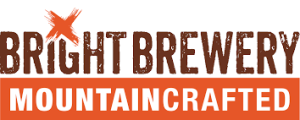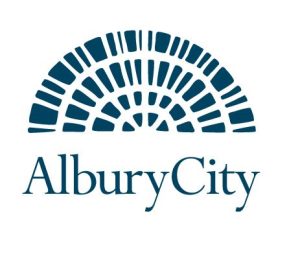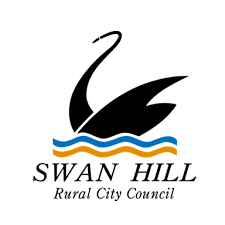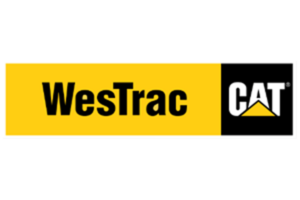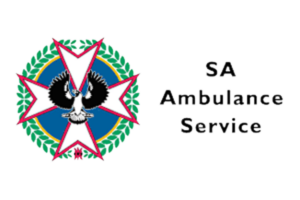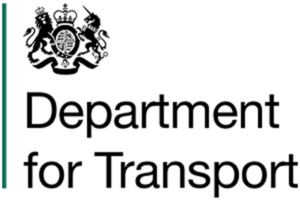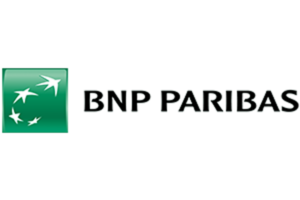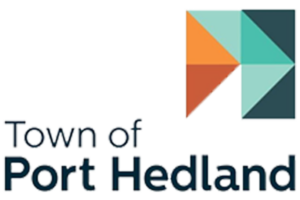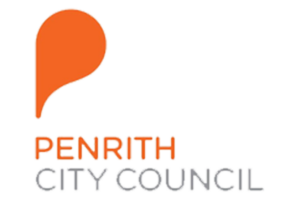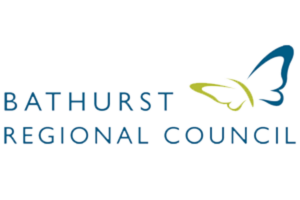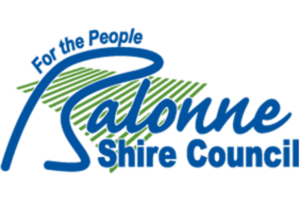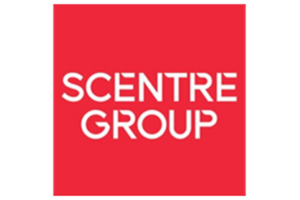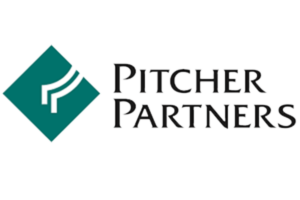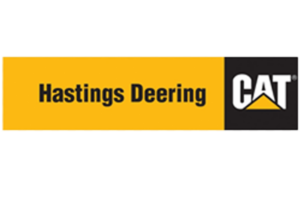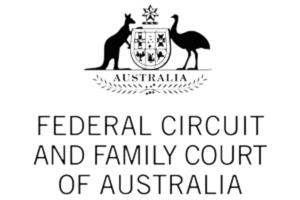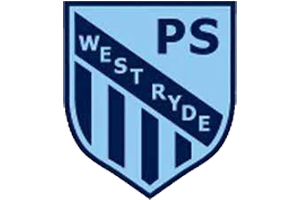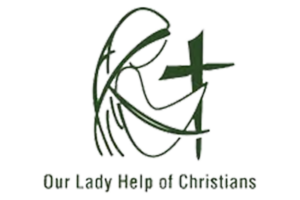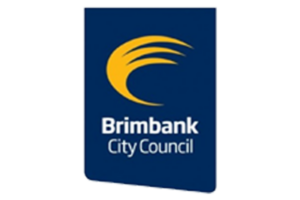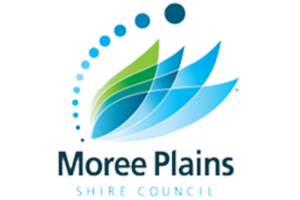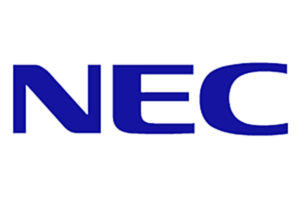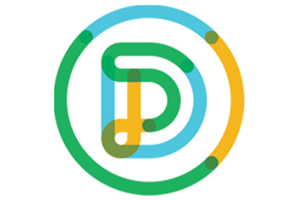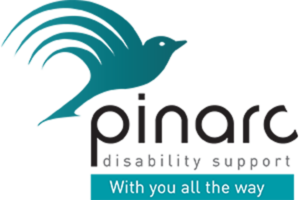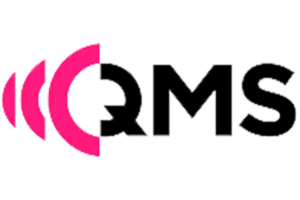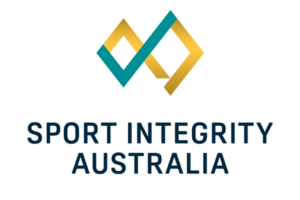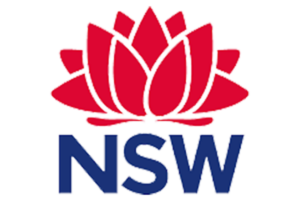Currently Empty: $0.00
Behavioural Interviewing Skills Training Course
Behavioural Interviewing Skills Training courses are highly recommended for your people involved in hiring. Behavioural Interviewing skills in-house training courses create opportunities to tighten up your interviewing skills. Maybe you’ve made a few poor hiring decisions?
Tailored In-house Behavioural Interviewing Skills Workshop
This tailored behavioural interviewing program is designed to develop the skills of interviewers through an experiential learning process. Interviewers will be invited to design and evaluate their own recruitment process, thereby allowing the knowledge to be embedded. Your people will be required to challenge their own thinking and to question their perceptions, biases and beliefs about people.
Behavioural interviewing is a very good way to ensure the candidate is telling the truth. Sometimes the interviewer is star-struck about how good the candidate is. It’s only the day after they get past their probation that the interview mistruths become obvious. A very practical behavioural interviewing workshop that should be attended by people conducting interviews.
Get Instant Quote in just 5 Clicks!
Key Learning Outcomes
- Develop and ask effective, behaviour based questions
- Pinpoint critical success factors
- Develop structured interview guides
- Develop the skill to control the interview
- Probe and question strategically
- Build rapport with candidates
- Develop and conduct legally defensible interviews
- Use reflective listening to encourage self-expression
- Measure skills objectively instead of based on personality
- Assess a candidate’s ability to thrive in a rapidly changing environment
- Make decisions based on data as opposed to gut feel
- Manage the image of the organisation
- Recognise and respond appropriately to the difference between generational values
Course Description
What is different about it?
The essential difference is that interviewing is a behavioural diagnostic tool that asks competency-related questions that focus on past examples of demonstrated ability rather than asking hypothetical questions. E.g. 'when did you demonstrate...' rather than 'what would you do if...'
Why do companies use behavioural interviewing?
- You can design specific behavioural questions to determine which candidates possess the particular competencies required. You can unearth whether candidates have demonstrated these competencies in past work experiences and how past performance relates to the requirements of the role.
- You can use reference checks to validate the specific situations events and examples that candidates provide in the interview. This reduces the ability for candidates to use hyperbole and hide important information.
- Develop a selection approach for Competitive Advantage.
- Develop competency in targeting talent.
- Interpret data correctly and position information quickly.
- Ensure your people are aware of what questions cannot be asked.
- Assess the impact of Behaviour Based Interviewing vs. Traditional Interviewing.
- Identify ways in which current selection skills can be enhanced.
- Generate a willingness to be self-aware and seek feedback with the purpose of eliminating ineffective selection strategies.
What does a typical program outline look like?
Self-awareness
- Self-awareness allows us to identify ineffective behaviours in the interview process
- Behaviour can be a stumbling block to success
- Choose our behaviour and choose our results
- Identify and label personal bias, ineffective thinking and reactions
Building rapport
- Rapport is more than respect and communication
- Build relationships by "getting into the world of others"
- Generate rapport with people whom we see as different to ourselves
- Use body language to understand others and build rapport
- Rapport as an interview technique
Team effectiveness
- Design interview processes as a team
- Use objective guidelines to make decisions
- Maintain code of conduct
- Avoid temptation to redesign the process
- Respect diversity of ideas
Avoid basic interview errors
- Collect relevant information to help you determine how well a candidate will perform in your environment
- Develop proficiency and comfort in taking notes
- Aggregate statistically significant candidate data
- Encourage shy and nervous candidates to open up appropriately
- Deal more effectively with candidate's who are evasive
- Identify candidates who are creating answers
- Re-gain control of the interview when candidates are overly talkative
Design the interview process
- Selection for Competitive Advantage
- Team Management Process
- Selection Process
- Behaviour Based Interviewing Process
- Behaviour Based Vs. Traditional Interviewing
Interview guide
- Identify the skills that are essential for success in the position and your organization
- Develop and ask effective, behaviour based questions
- Develop structured interview guides
- Measure skills objectively instead of responding to personality
- Assess a candidate's ability to thrive in a rapidly changing environment
- Make decisions based on data rather than gut feelings
Develop and conduct legally defensible interviews
- Identify and overcome personal biases that interfere with effective decision making
- Objectively assess the strengths of candidates from different cultural backgrounds
- Avoid the pitfall of placing too much emphasis on body language
- Develop strategies to detect and avoid bias on the basis of gender or cultural factors
- Avoid hiring practices that could lead to complaints or negative publicity
Ensuring Equity
- Increase awareness
- Eliminate inappropriate barriers to effective hiring decisions
- Behaviour vs. Personality
- Biases vs. Behaviour
- Stereotypes & prejudices
- Ensure equity in note taking
- Develop and conduct legally defensible interviews
- Respect generational values
Would you like to attend this program?
For maximum effectiveness, this program is best conducted as an in-house program.
Ideal group size: 3 to 8 participants
Venue: For your convenience, you can choose to conduct this program at your business premises Alternatively, we can provide a training venue at a small additional cost.
Duration: This program can be adapted to meet your requirements.
Cost: Price on request.
Target Audience: Employees, Supervisors, Team Leaders, Senior Managers or CEO's.
If you would like more information on this training program, please contact: Deborah Dear on 1300 323 752 or email: [email protected] or contact us online today.

Australia-wide training courses and workshops
At Preferred Training Networks, we provide both in-person and online training programs for a wide range of organisations across Australia. Our Behavioural Interviewing Skills Training Course is run by experienced, qualified experts and tailored to the needs of your business and your employees. Our leadership and management education courses are designed to help your team thrive and develop valuable skills that can transform your workplace.
With programs available in Sydney, Canberra, Melbourne, Perth, Adelaide, Brisbane and other areas of Australia, we’re able to help businesses across the country create lasting behavioural change and provide them with the tools they need to reach new heights. If you think your business would benefit from Behavioural Interviewing Skills Training Course and the help of our professional coaching network, take the first step and contact our team today. Wherever you are in Australia, our coaching program can either come to your organisation or we organise a venue for your convenience. Find out what our training, workshops and skills courses can do for your business and reap the benefits for years to come.
Get your free online quote right now or give us a call on 1300 323 752 to find out more about Preferred Training Networks and discuss your requirements with us.



